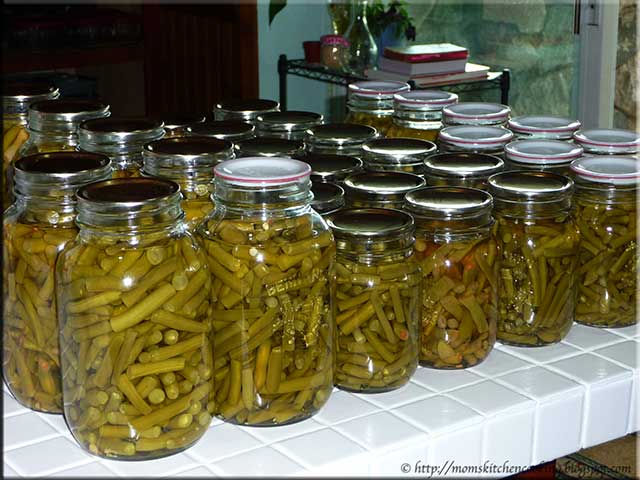I’m not sure if it’s a function of getting old or whether my circle of friends are changing their habits but my Facebook timeline has been peppered with status updates about trips to the farmers’ market, harvesting backyard vegetables and canning. There are a lot of canning-related updates.
Growing up all I was really exposed to was pickles, freezer jam and frozen peaches. All of which I loved to eat, but I always found ways to occupy myself while my mom and grandmother were preserving for fear of having to help. My dad and grandfather usually golfed while this was all going down. I never paid attention to what was happening and didn’t really care.
I also didn’t know anything about botulism.
In 2011, a 29-year-old man was hospitalized after five days of progressive dizziness, blurred vision, dysphagia, and difficulty breathing. The patient required mechanical ventilation and botulism antitoxin. He remained in the hospital for 57 days and then spent some time in a rehabilitation facility. According to the U.S. Centers for Disease Control, he had tasted some potato soup that included botulinum toxin.
In 1977, 59 patrons of a Detroit Mexican restaurant became ill with botulism after consuming improperly canned peppers. As a result of rumors of a pending shortage of fresh peppers, the restaurant staff decided to stick lightly-cooked peppers and some water in jars and seal them.
Putting low acid foods in a jar and sealing them without either acidifying (with vinegar/fermentation) or processing using pressure is a bad idea. That’s why the good folks at UGA’s National Center for Home Food Preservation like Elizabeth Andress and Judy Harrison lead efforts to come up with, test and evaluate recipes for home canning.
According to NewsChannel 21, three Oregonians have been hospitalized after suffering from botulism linked to improperly home-canned foods:
The Oregon State Public Health Lab has confirmed that three Central Oregon residents who were hospitalized contracted botulism at a private barbecue, Deschutes County health officials said Monday. Deschutes County Health Services has conducted an investigation and implicated home-canned food as the source of the Botulism. Final testing results are pending.
No other details were released, though officials told NewsChannel 21 two of the three people affected are back at home recovering.
"This was an isolated incident and Deschutes County Health Services has notified all involved individuals," a news release stated. "Botulism in NOT spread person to person, so there is no risk to the general public as a result of these cases."
County officials called the incident a good reminder of the importance of following strict hygienic procedures to reduce contamination of foods while canning, as well as obtaining the necessary pressure when canning to effectively destroy bacteria and prevent botulism.
Check out three streams of evidence-based home canning fun that I recorded with Brenda Sutton (North Carolina Cooperative Extension’s Produce Lady) where we talk about risk-reduction steps.
